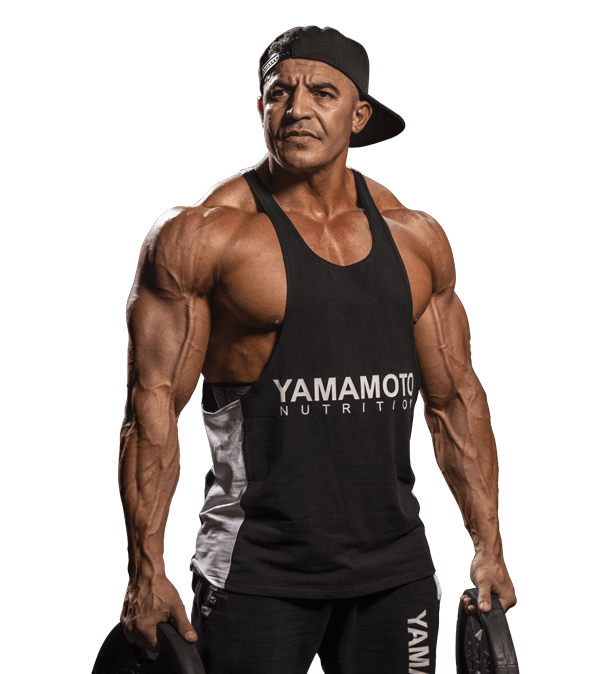
Youcef Djoudi Anava
Biography
I started as a fan of bodybuilding in 1997 and after just a few years of training, I began approaching my first contests in IFBB as Men's Physique Muscular in 2016. From the absolute Amateur Championships in Luxembourg, I became the Algerian/French Benelux champion in this federation after a few months.
The following year, in 2017, I aimed higher and entered IFBB, where I didn’t win in several consecutive competitions. I decided to change federations and went to PCA. In September 2018, I won 1st place in Model Muscle in the Netherlands. Then the seasons stopped, and I decided to change federations again, this time going to NPC. After a month, I did my first Pro qualifier in Copenhagen, winning 1st place in my category. Unfortunately, I didn't get my Pro card.
A week later, I went to Amsterdam, Netherlands, for the William Bonnac Show in 2018. I won my Pro Card in the IFBB Pro League. From there, I embarked on the journey to become an IFBB PRO official, participating in various pro qualifiers around Europe and the USA, where I always finished 1st or 2nd and in the top 3.
Finally, I qualified three times in a row for Mr. Olympia in 2020, 2021, and 2022.
OFF SEASON: During the off-season, I typically train each muscle group once, except for the back and legs which I train twice. My training program consists of 6 weight room sessions and 5 additional cardio sessions, preferably done on an empty stomach. I focus on high volume and intensity during these sessions, incorporating techniques like stripping, rest pause, drop sets, and my favorite, isomix.
PRE-CONTEST: As I transition into the pre-contest phase, my focus shifts to monofrequency for main muscle groups such as legs, chest, and shoulders, while incorporating multifrequency training for arms and back. I maintain 6 weight room sessions and 4 to 5 fasting cardio sessions per week. I include circuits for glutes and flexors up to about 3 weeks from the competition, at which point my training becomes highly tailored to my physical condition. I increase both volume and intensity during this phase, especially for muscles trained in multifrequency, with the goal of maximizing stimuli.
During bulking, I follow a strongly hypocaloric diet with peaks of up to 6000 kcal at certain stages. In the off-season, I aim to maintain more stability in my weekly caloric intake compared to the pre-contest phase. In preparation for contests, I cycle carbohydrates to stimulate metabolism.
Even in the final weeks before a competition, I do not completely eliminate carbohydrates because cardio and daily training significantly increase my energy expenditure.
Throughout the year, I include free meals with an average frequency of 2-3 weeks, except during the pre-contest phase when they are suspended about 6-8 weeks before the show



